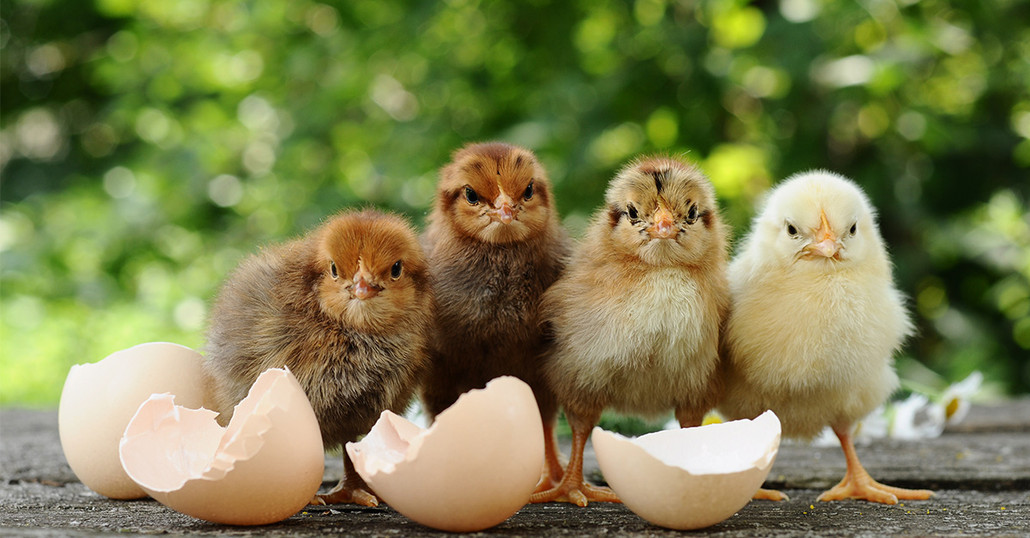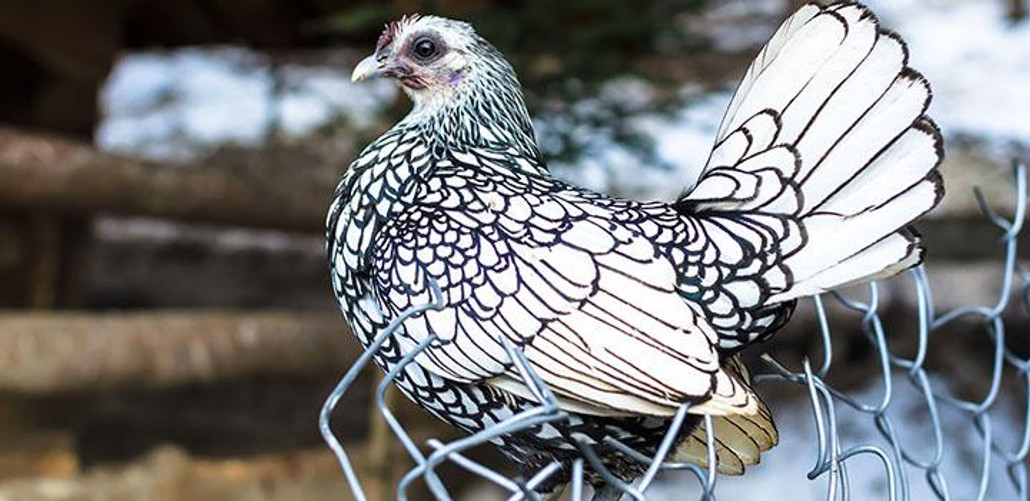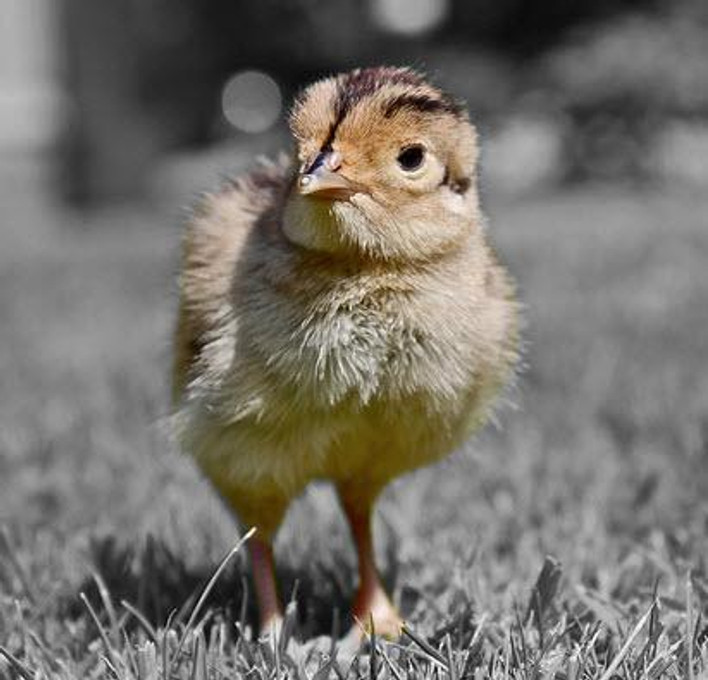Posted by Grange Co-op on 11th Feb 2025
It’s important to provide the best care possible when transitioning baby chicks from the store you purchased them at, such as your local Grange Co-op, to their new brooder at your homestead. Providing the appropriate care and nutrition will set your chicks up for a strong and healthy life. Looking for a proper guide for baby chick care? Ensure you’ve got everything covered by referencing our week by week guide below to help you care for your ba… Read more
Posted by Grange Co-op on 31st Jul 2020
With a variety of products available, when it comes time to consider the baby chickens for sale at your local Grange Co-op, its easy to become overwhelmed. We’re here to help you along the way!
You may find yourself mesmerized and entertained by the baby chickens for sale at Grange Co-op stores. While small and entertaining to watch, in order to thrive, these chicks need proper care. Grange Co-op Nutritionist of Feed Formulations and Chicken… Read more
Posted by Grange Co-op on 19th Feb 2020
It's fairly easy to raise chickens and bantams if you follow a few simple steps.Chickens and bantams must be kept dry and warm, as they are very fragile when they are young. Keep their litter clean and dry. NEVER brood chicks or bantams on cedar shavings or on slippery surfaces. Pine shavings or rice hulls make good bedding for chicks. You can also raise them on wire mesh.Chicks and bantams require a brooder temperature of approximately 95 degree… Read more
Posted by Grange Co-op on 31st Aug 2015
Baby Pheasants, Chukar, and Quail require a brooder temperature of approximately 95 degrees for the first week, dropping approximately 5 degrees every 3 days or so until the end of the brooding period. They will feather out quickly, so they do not require as much heat as chickens and turkeys. Watch them closely to see if they are comfortable: if they cluster under the lamp, they are too cold; if they stay far away, drop their wings and pant, t… Read more




